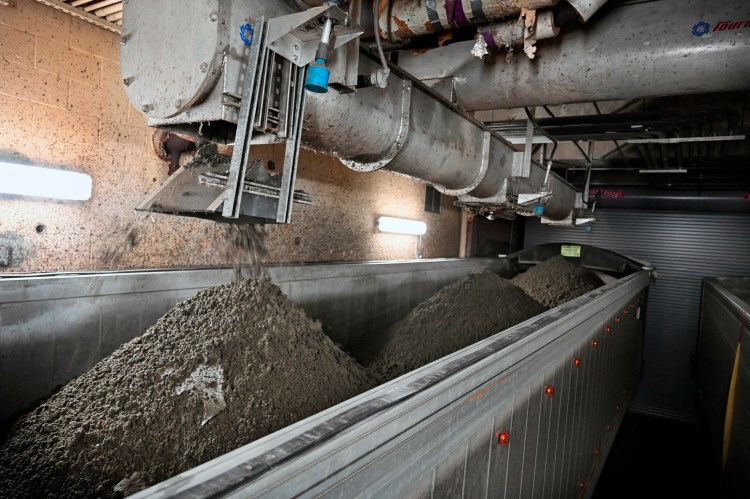Maine Medical Center has been awarded a five-year, $2.2 million federal grant to research whether some chemicals commonly found in household items may contribute to teenage obesity and make teenagers more prone to osteoporosis later in life.
“Adolescence is an important time when our bodies build up both bone and fat,” said principal investigator Dr. Abby Fleisch, a pediatric endocrinologist at Maine Med, faculty scientist at the Maine Medical Center Research Institute and assistant professor at Tufts University School of Medicine. “Few human studies have looked at how these chemicals in our environment could be impacting our fat accumulation and the health of our bones.”
Fleisch said it’s important to know whether chemicals in products are contributing to health problems like obesity and osteoporosis.
“The hope is that if we find these products are not safe, then they can be replaced with compounds that are safe,” said Fleisch, in a phone interview.
Products can be altered when found to contain a health or environmental hazard. For instance, in the 1980s, chlorofluorocarbons were removed from aerosol sprays after the chemicals were found to contribute to ozone layer depletion.
The research is part of Project Viva, a wide-ranging, long-term study of more than 2,000 eastern Massachusetts mothers who gave birth between 1999-02, and their offspring. Project Viva scientists have studied a number of topics, such as how diet and the environment affect health issues like childhood obesity and asthma.
Within the past few years, Project Viva began looking at the possible relationship between perfluroalkyl and ployfluoroalkyl substances (PFAS) and phthalates and their effect on childhood health. PFAS are chemicals that are often added to clothing, furniture, kitchen items and carpets for their non-stick and stain-repellent properties. Phthalates are often put into products like shampoos and lotions for their ability to maintain scents. Some food packaging also contains either phthalates or PFAS.
“Studies in animals suggest that these classes of chemicals may disrupt common biological pathways to increase the risk of both high body fat and low bone mineral density,” according to a Maine Medical Center news release.
The grant comes amid rising concerns about the presence of PFAS in the environment and potential impacts on human health. In late March, the Maine Department of Environmental Protection imposed a new requirement that all wastewater treatment plant sludge be tested for PFAS concentrations before it is spread on farm fields as fertilizer.
Sludge spreading emerged as a concern after elevated levels of PFAS were found in a public-drinking-water well in Arundel, and an investigation found that nearby farm fields had been fertilized with wastewater sludge for decades, as well as sludge and fly ash from a paper mill. The contamination, which lingers three years after the testing took place, is preventing the farmer from selling his milk.
Gov. Janet Mills recently announced the formation of a task force to study PFAS in the environment in Maine, as well as review information about health impacts, with an eye to recommending state policies to protect health and avoid further contamination.
Fleisch, who has been working on Project Viva since 2011, said the chemicals are “ubiquitous” in many household items and for the most part can’t be avoided, but people have varying exposure levels. By studying possible relationships between obesity and osteoporosis and higher exposure to PFAS and phthalates, scientists may be able to determine if the chemicals contribute to those health issues, she said.
Blood and urine from those participating in the study was frozen at various points in time, and the $2.2 million grant from the National Institutes of Health will allow Fleisch to more closely study urine from “mid-childhood” for phthalate exposure and to interpret data from blood collection related to PFAS. The study will also use X-rays to examine more than 800 teens who have participated in the longitudinal study for bone density and body fat.
Joe Lawlor can be contacted at 791-6376 or at:
Twitter: joelawlorph
Send questions/comments to the editors.



